Chemotherapy side effects may vary from person to person, but there are a couple of common ones that patients often always get to experience as they’re taking their cancer care medicines or undergoing their cancer treatments.
Since chemotherapy also happens to be the most common form of cancer therapy, seeking ways to relieve other reactions your body may have upon taking the medication is a sought for topic by individuals receiving said treatments due to how uncomfortable it can be and how some side effects have physical manifestations that are of concern or painful.
Table of Contents
What are Chemotherapy Drugs and Its Uses?
Chemotherapy treats several kinds of cancer — primary and metastatic — by damaging the genes of the nucleus, thus killing cancer cells just as they’re in the process of splitting into two cells and spreading more in the body.
It does this in various ways depending on the drug (they are grouped according to their function and composition). Your oncologist may prescribe you one medication or a combination of multiple drugs to treat the type of malignancy you have in a more effective manner, as they have different approaches in eliminating cancer cells.
Moreover, some drugs are particularly efficient if used during a certain cell cycle phase while some can kill cancer cells regardless of the phase.
It should also be noted that chemotherapy drugs are hazardous to the health of those without the disease. Chemotherapy side effects to others may come in the form of irritation on the skin, nausea, vomiting, headache, nasal sores, dizziness, and certain allergic reactions.
Fortunately, the side effects mentioned above only occur for the meantime, but for those who are exposed to the medicines long-term, there can be worse side effects like developing cancer too, and for pregnant women, the risk of having miscarriage as well as the baby having birth defects.
Cancer drugs are available in the Philippines nationwide. There are even online pharmacies that you can look through if you prefer to have your chemotherapy medicine delivered to your household.
Related: List of Drugs for Cancer Treatment in the Philippines
Main Classifications of Chemotherapy Drugs
- Alkylating agents
- Antimetabolites
- Topoisomerase inhibitors
- Mitotic inhibitors
- Antitumor antibiotics
Alkylating agents
Alkylating agents is the most common type of cancer medicine that doctors prescribe to patients. They prevent cancer cells from reproducing by damaging its DNA.
Under this classification also includes nitrosoureas, a chemotherapy drug that focuses more on the treatment of leukemias, gliomas, lymphomas, solid tumors, and melanomas.
Examples of alkylating agents are, but not limited to:
- Carboplatin
- Ifosfamide
- Oxaliplatin
- Streptozocin
- Carmustine
- Lomustine
Antimetabolites
Antimetabolites’ mechanism of action is interfering with cell replication by mimicking the molecules that cancer cells need in order to reproduce. When the cells use antimetabolites instead of the right molecules, they are rendered unable to multiply which eventually leads to cell death.
Examples of this classification of chemotherapy drug are, but not limited to:
- Capecitabine
- Gemcitabine
- Decitabine
- 5-fluorouracil
- 6-mercaptopurine
- Methotrexate
Topoisomerase inhibitors
Topoisomerase inhibitors disrupt the function of topoisomerase, an important enzyme that enables cell DNA to replicate, transcript, and repair itself.
Examples of topoisomerase inhibitors are, but not limited to:
- Etoposide
- Irinotecan
- Irinotecan liposomal
- Teniposide
- Topotecan
Mitotic inhibitors
Mitotic inhibitors, or antimitotic agents or plant alkaloids, inhibit cell division by disrupting the microtubules’ function. As it gets disrupted, chromosome segregation fails that results in a cell cycle arrest (specifically during the mitosis phase). If this prolongs, cell death will occur.
Examples of antimitotic agents are, but not limited to:
- Cabazitaxel
- Docetaxel
- Paclitaxel
- Nab-paclitaxel
- Vinblastine
- Vincristine
Antitumor antibiotics
Antitumor antibiotics block nucleic acid production that significantly contributes to carrying, transferring, and applying genetic information in DNA. If this is inhibited, the development of cancerous cells are either decelerated or stopped altogether.
Part of this classification are anthracyclines, a type of antibiotic that originates from specific types of the bacteria Streptomyces.
Examples of antitumor antibiotics are, but not limited to:
- Daunorubicin
- Doxorubicin
- Mitoxantrone
- Bleomycin
- Dactinomycin
- Mitomycin-C
What are the Common Side Effects of Chemotherapy?
Although there are a lot of benefits that come along with using chemotherapy drugs for the treatment of cancer, there also comes side effects that can’t be avoided due to how this type of medication doesn’t only target rapidly growing cancer cells, but other cells in your body that are multiplying at a fast pace.
Rapidly growing cells are typically found in the skin, hair follicles, mouth, digestive tract, and those cells in your bone marrow responsible for forming blood. It’s worth noting as well that chemotherapy side effects for breast cancer, ovarian cancer, colon cancer, lung cancer, and any type of cancer that you may have all have the same side effects and don’t differ depending on the malignancy.
These said common chemotherapy side effects include:
- Fatigue
- Nausea
- Vomiting
- Changes in bowel movement
- Hair loss
- Mouth and throat sores
- Low blood count
- Loss of appetite
- Skin changes
- Peripheral neuropathy
- Troubles with sex and fertility
- Difficulties in thinking and remembering
Fatigue
Getting easily tired or drained is expected for a patient who’s currently undergoing cancer therapy treatments, primarily because of how the body is already spent battling the disease and dealing with how you’re physically responding with the chemotherapy procedures.
Nausea and Vomiting
There is such a thing called chemotherapy-induced nausea and vomiting (CINV) which is said to affect a patient’s overall well-being and how they are able to withstand treatments. This is considered to be an experienced chemotherapy side effect after the first session, therefore it’s something that you can expect as one of the first reactions your body will have upon undergoing treatment.
Changes in bowel movement
There’s a likelihood that your bowel functions may be dysregulated upon undergoing chemotherapy treatments.
- Diarrhea: Watery and loose stool.
- Constipation: Difficulties in passing stool, often prompting you to only pass stool for less than three times a week.
Hair loss
This happens usually within the first three weeks of undergoing chemotherapy. There can be cases wherein hair loss may be permanent, but for the most part, it should regrow after you finish your treatments, particularly two to three months afterwards. However, when it does regrow, there’s a chance that there may be changes in regard to texture and color.
Mouth and throat sores
As the cells in the mouth are among the cells that chemotherapy medicine affects, it can become inflamed and cause sores to appear, leading you to have troubles with swallowing, changes in the way you’re speaking or the way you sound, and have lumps in the areas of your neck, throat, cheek, lip, or tongue.
Low blood count
This includes having low blood count for your white blood cells (leukopenia), red blood cells (anemia), and platelets (thrombocytopenia). Each of these respectively brings negative effects to the body that you ought to look out for.
- Leukopenia: You can have a weak immune system due to low white blood cell count which puts you at higher risk of getting sick or contracting infections.
- Anemia: This can make you pale and more fatigued. It can also lead to you feeling more tired, dizzy, and short of breath.
- Thrombocytopenia: This increases the risk of bleeding and bruising, as well as having small red spots on the skin (petechiae).
Loss of appetite
Your sense of taste may become different after you start your chemo sessions. Foods may taste metallic, bitter food may taste even more bitter, and sweet food can taste less sweet. Hence, this can prompt you to lose your appetite in eating.
Skin changes
Chemotherapy drugs have the tendency to make your skin irritated. Because of this, you may be susceptible to having skin conditions.
-
- Hand-foot syndrome: This makes the palms of your hands and soles of your feet become red, swollen, or sometimes even painful. This chemotherapy side effect on the skin is easy to spot, and it depends on the person’s skin color on how it will appear on their skin. For those with lighter skin color or with less melanin, they can notice redness on the affected area while for those with darker skin color or with more melanin, the symptoms manifest on their skin by making it darker.
- Sunburn: Your skin can be more sensitive, especially under the sun, hence rendering you more likely to be sunburned if you’re not careful.
Peripheral neuropathy
Also referred to as nerve damage, this is when you begin to feel numb, tingly, or pain in any area of the body.
It’s similar to the sensation of “pins and needles” and you may have problems when it comes to jointly using your muscles. This leads to clumsiness because of lack of balance and coordination brought by this side effect.
Troubles with sex and fertility
Undergoing treatments with this type of cancer medicine can have the levels of estrogen and testosterone in your body lowered, affecting your sex drive and ability to conceive. There are certain chemo drugs that can harm the fetus if one is pregnant or is impregnated by someone who’s being treated with it. Early menopausal can also occur.
Difficulties in thinking and remembering
Also referred to as “chemo brain” or “chemotherapy brain fog”, this can happen during or after undergoing treatments. It can be attributed to the medication itself or the disease, and manifests in the body by affecting your ability to remember information.
How to Manage Chemotherapy Side Effects?
If you’re asking yourself the question on how to minimize chemotherapy side effects, there are various ways you can do in order to lessen the adverse reactions your body may have upon starting your treatment sessions.
You can manage them by preparing beforehand with your oncologist, doing the necessary measures while you’re already taking chemotherapy medicines, and even keeping your well-being healthy after you’re done to ensure that your body recuperates accordingly as there is a possibility that you can experience chemotherapy side effects after the treatment is supposedly done.
These tips can also help in managing adjuvant chemotherapy side effects that can come around when you start to undergo it after the primary treatment.
Before Your First Treatment
It’s always better to come prepared, especially for a serious matter such as cancer. Hence, getting your physical and mental state ready for what you’re about to receive will substantially help with your case.
-
- Have a conversation with your healthcare provider. Ask the questions you want to have the answers to (about conceiving, what to do when you vomit, etc.), tell any necessary information that they should know (what other medications you are taking, etc.), be aware of other important details you ought to be aware of, and take down notes so that you’ll be reminded of them as you go forth with your medical journey.
- Arrange a check up with your dentist. Taking chemo drugs can cause bleeding and infections to occur more, therefore it’s advisable that you have yourself checked for any tooth decay or other issues that may be of concern since having these problems may interfere with your treatments.
- Prepare a bag for chemo sessions. This includes several things like lip balm, clothing to warm yourself up, healthy snacks to munch on, and items that can help you with boredom like a book, headphones or earphones to use for listening to music, podcasts, or watching videos.
- Have enough rest and sleep. Part of taking care of yourself is making sure you’re resting sufficiently and getting enough hours of sleep.
- Eat nutritious food and drink lots of water. Doing this would strengthen your body and give it the nutrients it needs before you go through your treatments.
- Get rid of bad habits. If you’re someone who still smokes or drinks alcohol excessively, then it’s better to start changing that right now and stopping. It doesn’t only help with cancer, but other possible health conditions as well.
-
- Talk with your loved ones about what they can expect and what you may need some help with. You may become weak and feel extremely nauseous after chemotherapy procedures, rendering you unable to take care of yourself properly (cooking your meals, cleaning the house, taking care of kids and pets if any). Having them help with chores and such will make it easier for you to recover and be in better condition.
- Inform your employer prior. In order for you to adjust easier and handle your chemo sessions once it begins, inform your boss and HR about the scheduling of your sessions so they’d be aware of it and compromise to cater what you need.
- Mentally prepare yourself with the possibility of losing hair. As hair loss is one of the common side effects of chemotherapy, you may want to mentally prepare yourself with the possibility of losing large amounts of hair. You can opt to buy a wig, hat, or anything that would make you comfortable as you wait for hair to grow back. You may even opt to shave your hair off if that’s what you prefer.
Check out the blog we made that shares 15 tips for maintaining mental health which can be supplemental to your cancer therapy journey.
During Your Treatments
Certainly, it is while your chemotherapy treatments are undergoing that you want to find the ways that you can manage the side effects that accompany it. Therefore you may want to keep in mind the following so that everything goes smoothly as you go through your chemo procedures.
- Stay hydrated. To prevent constipation, you should drink eight to 10 glasses of water per day. As for dealing with nausea, drinking fluids can help as well, and it’s best to avoid drinking soda and coffee. Instead choose to drink herbal teas, sport drinks, and juices.
- Always have enough rest. Having enough rest is significant to your recovery journey, as it can help you get better emotionally and physically.
- Moisturize often. With a moisturizer that is greenlighted by your oncologist, this can assist with any dryness that your skin may be experiencing. Make sure it contains urea and doesn’t have any harmful ingredients that can potentially cause side effects of its own.
-
- Eat as often as you can. Eating can help with lessening nausea, so it’s recommended to eat a light meal before going to your chemo sessions. Moreover, not eating can lead to other symptoms becoming worse.
- Try eating high-fiber food. Doing this particularly helps with diarrhea. Examples of high-fiber food are avocado, apple, beams, oats, raspberry, and other fruits and vegetables.
- Avoid staying in the kitchen while food is being cooked. This is to prevent nausea from occurring, as staying in spaces wherein food is currently being prepared would induce it.
- Stick to your usual routines before undergoing chemo. It would be good for your mental state to go through your routines without
- Take your nausea prescriptions ahead of time. Before a chemo session, take the medications prescribed to you so that it can act in advance and you wouldn’t have to wait for it to take effect when you’re already nauseous.
- Avoid unpleasant smells. This is helpful, particularly when you want to avoid nausea from taking place.
-
- Brush your teeth three times a day. Doing this can speed the healing process of mouth sores, as well as promote better oral hygiene that would reduce the chances of getting other infections.
- Avoid wearing tight shoes and socks. It’s better if you wear socks that are soft and loose so that in the case of experiencing peripheral neuropathy, you won’t worsen its effects on your body that can even lead you to have sores on your feet that can’t easily heal.
- Massage hands and feet. This assists better blood circulation to occur within the body, and for the nerves to be stimulated and help with the pain, lessening any discomfort for the time being.
- Dip hands and feet in cold water for 15 minutes twice a day. If you’re dealing with pain that feels like it’s burning as a chemotherapy side effect, doing this can significantly help. By putting your hands and feet in cold water for 15 minutes a day, it can numb nerve endings which in turn decreases the occurrence of pain signals being transmitted to the brain.
- Stay physically active. Regular exercises can help with constipation — as well as with the entirety of your well-being. Ensuring that you remain physically active can boost energy levels, oxygen circulation, and the release of endorphins. All of those can reduce stress and uplift your overall mood.
You may also like: How to Prevent Infections During Chemotherapy/Cancer Treatment
After Your Treatments
As chemotherapy side effects after treatment will most likely still pop up even subsequent to when you’re already done with your sessions, taking care of your body is a must to ensure that your overall health will be in its best state again.
Moreover, doing these practices may be necessary so that you won’t worsen some of the existing side effects appearing on your body and instead lead you to faster recuperation.
-
- Maintain good oral health. This includes brushing your teeth, flossing, and using a good toothpaste with fluoride. Since taking chemo medicines can induce mouth sores (causing bacteria to accumulate more in the mentioned area), it’s important to do the necessary things to prevent other infections from appearing in it. You can use a mouthwash too, but make sure that it’s approved by your doctor.
- Wash hands with soap and water often. This is another measure one should do to prevent infections since patients are more susceptible to them during this time. Especially before eating, after you’ve gone outdoors, after handling dirty items, after using the restroom, and after using items that are often linked with having lots of bacteria — you should always disinfect properly by washing your hands thoroughly with soap and water.
- Keep your household tidy and clean. This ensures that you won’t be susceptible to having illnesses easily once more, given how your immune system is still weak.
- Don’t go near crowds. As mentioned, since you are still vulnerable to contracting infections and other diseases, it’s best to steer clear away from large groups of people to lessen the risk of being infected.
- Be cautious in interacting with your pets and taking care of them. If you have dogs and/or cats, avoid playing too roughly with them so that you won’t get accidentally scratched or bitten. Also ask someone else to clean their waste for the meantime, as it wouldn’t be good for you to be exposed or be in contact with any of it.
- Continue to stay physically active. Even walking can be substantial to your health journey. It’s a good exercise that you can do in the event you’re not ready for heavy workouts. You can slowly work your way up from here, increasing as you go on.
- Eat enough and be nutritious. This is to increase your weight or to maintain it within a healthy weight range.
- Try out food supplements or multivitamins. Taking food supplements to help you get the nutrients that you need can be essential as your health recuperates. Ask your doctor what you can take and what is safe for your condition if you do decide to try them for the betterment of your health.
- Be careful when you have to go out in the sun. Your skin is still sensitive to the sun, hence don’t stay out too long whenever it’s sunny and in the case that you have to, make sure that you’re somewhere shaded. Wear a wide brimmed hat, wear sunscreen, and wear protective clothing that can protect your skin from the harmful rays of the sun.
- Avoid smoking still. Just because you’re done with chemotherapy, doesn’t mean you can bounce back to old habits that are definitely detrimental to your well-being. Especially with a vice like smoking, it’s highly recommended that you never go back to doing this and risk developing other diseases aside from cancer.
- Have regular check-ups with your oncologist. This is to ensure that you are progressing positively after finishing your regimen, making sure that recurrence doesn’t happen, no other health conditions arise, and that any side effects that may still be present be handled accordingly.
Related: 15 Important Tips for Cancer Patients Going on a Holiday
Final Thoughts
Chemotherapy side effects and management is a common point of discussion among patients, understandably so because of how the body usually reacts to the cancer medicine that they’re taking.
Whether you’re having IV or oral chemotherapy, side effects have the potential of interfering with your everyday life and can be extremely uncomfortable to the point of being recognized as painful. On top of that, with how the body is already exhausted with how it’s fighting the disease, it exerts more effort when it comes accommodating the chemo drugs that’s being delivered in the bloodstream (or orally taken) that renders it to be weaker than its original state.
It is due to this that going through chemo sessions while pregnant (and actively breastfeeding) is generally not recommended, especially within 14 weeks of conceiving and after 35 weeks. Chemotherapy side effects for pregnancy may involve the increased risk of miscarriage, the baby being born earlier, the baby having a low birth weight, and the baby possibly having birth defects.
Further, since the immune system is frail at this time that leads the patient to be more susceptible to infections and diseases, there should be a conscious effort of making the body stronger by eating the right food, staying physically active, and doing other preventive measures that can help with managing the unavoidable outcomes that getting chemotherapy treatments gives.

 Login/Register
Login/Register
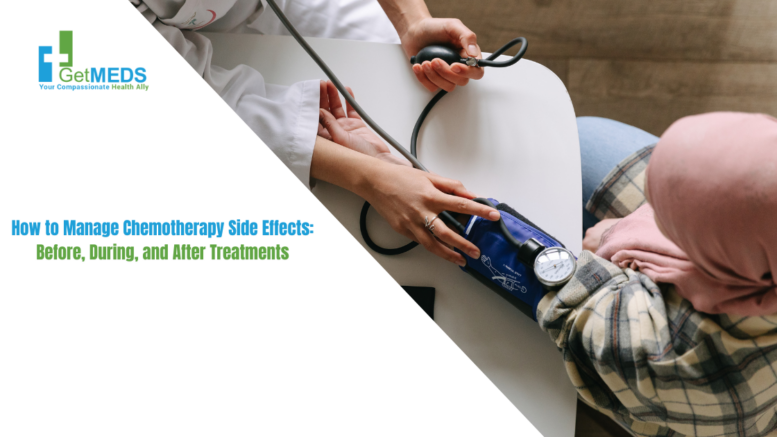



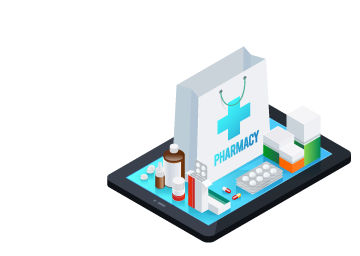
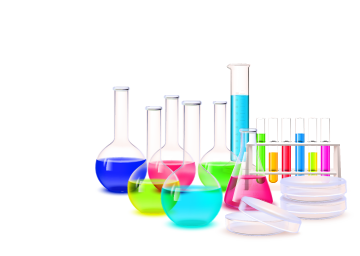
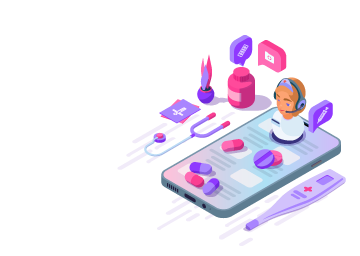
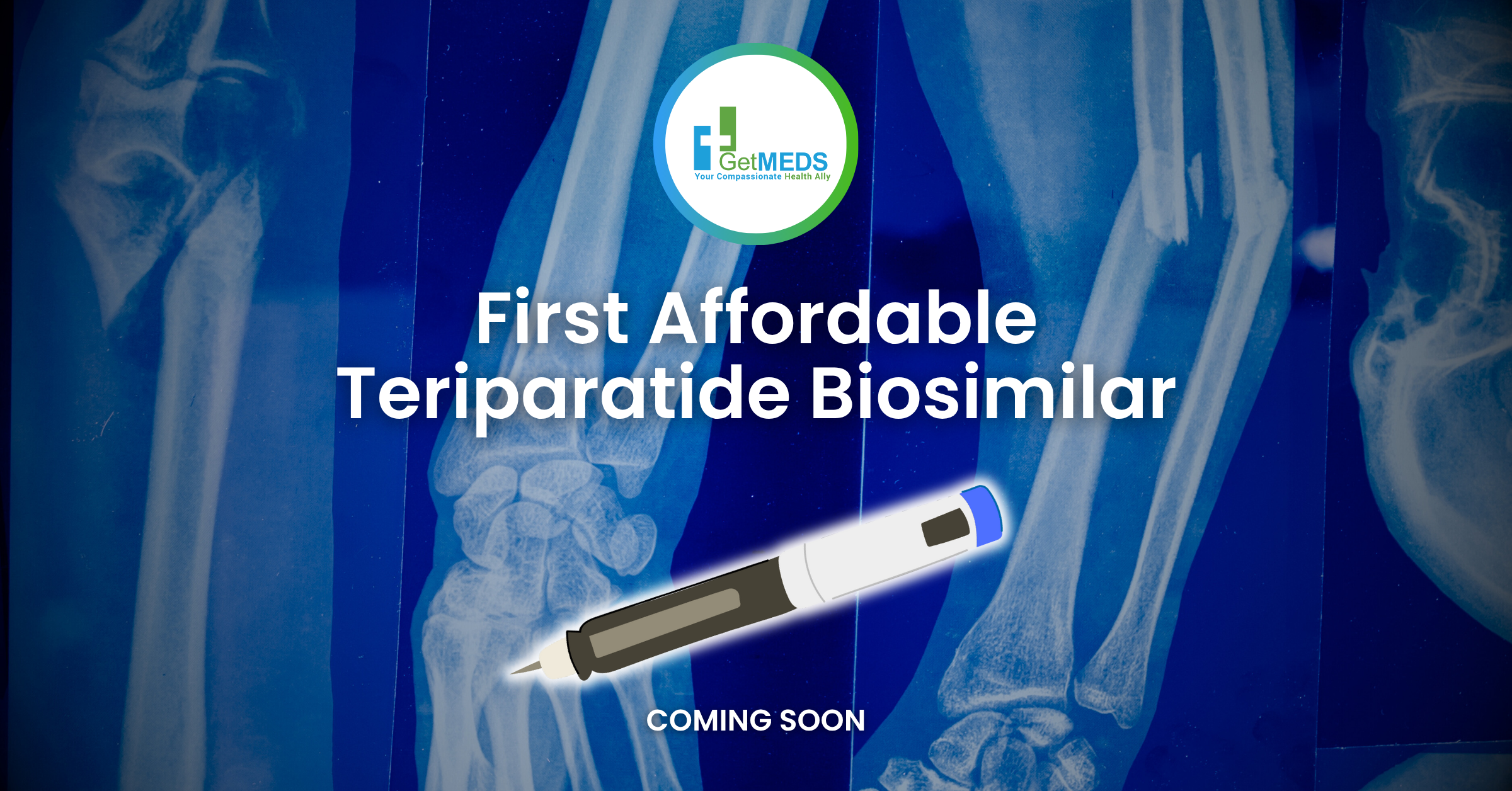


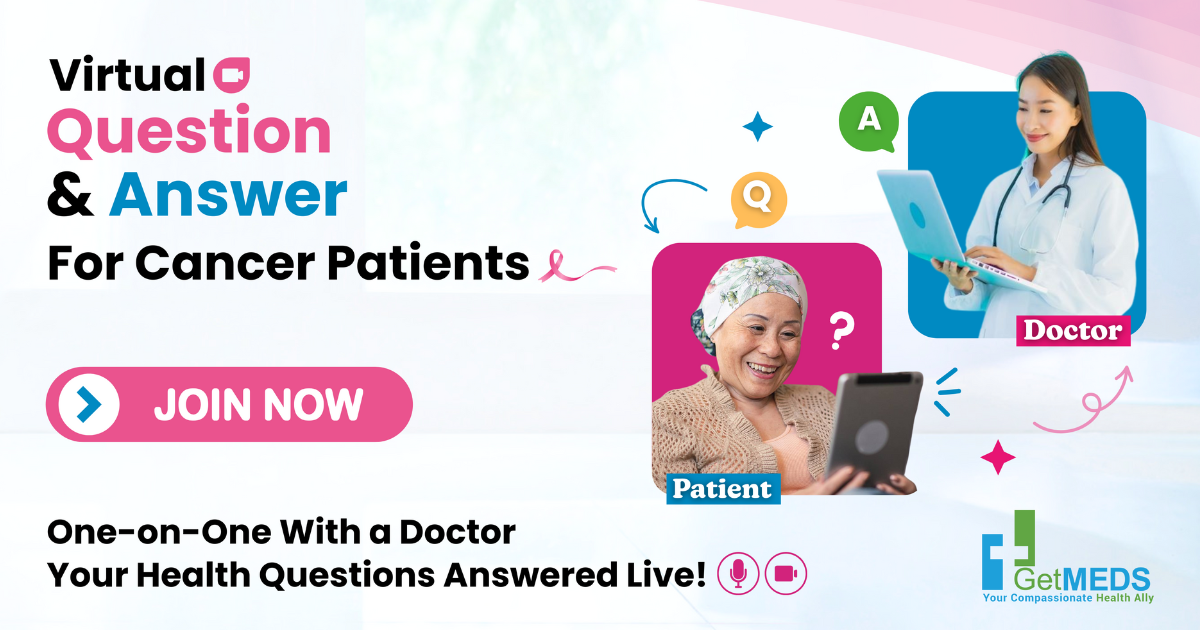
Be the first to comment on "Life-Changing Tips for Managing Chemotherapy Side Effects in 2025: What to Do Before, During, and After Treatment"